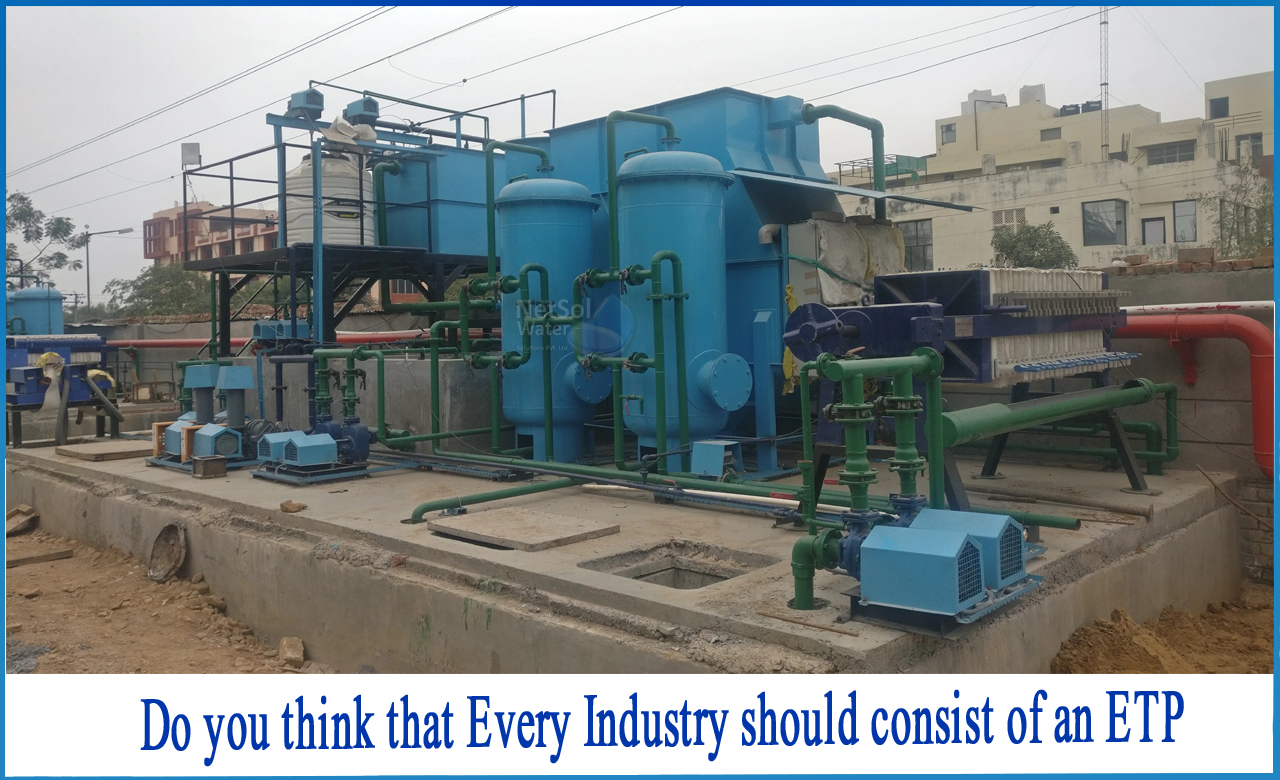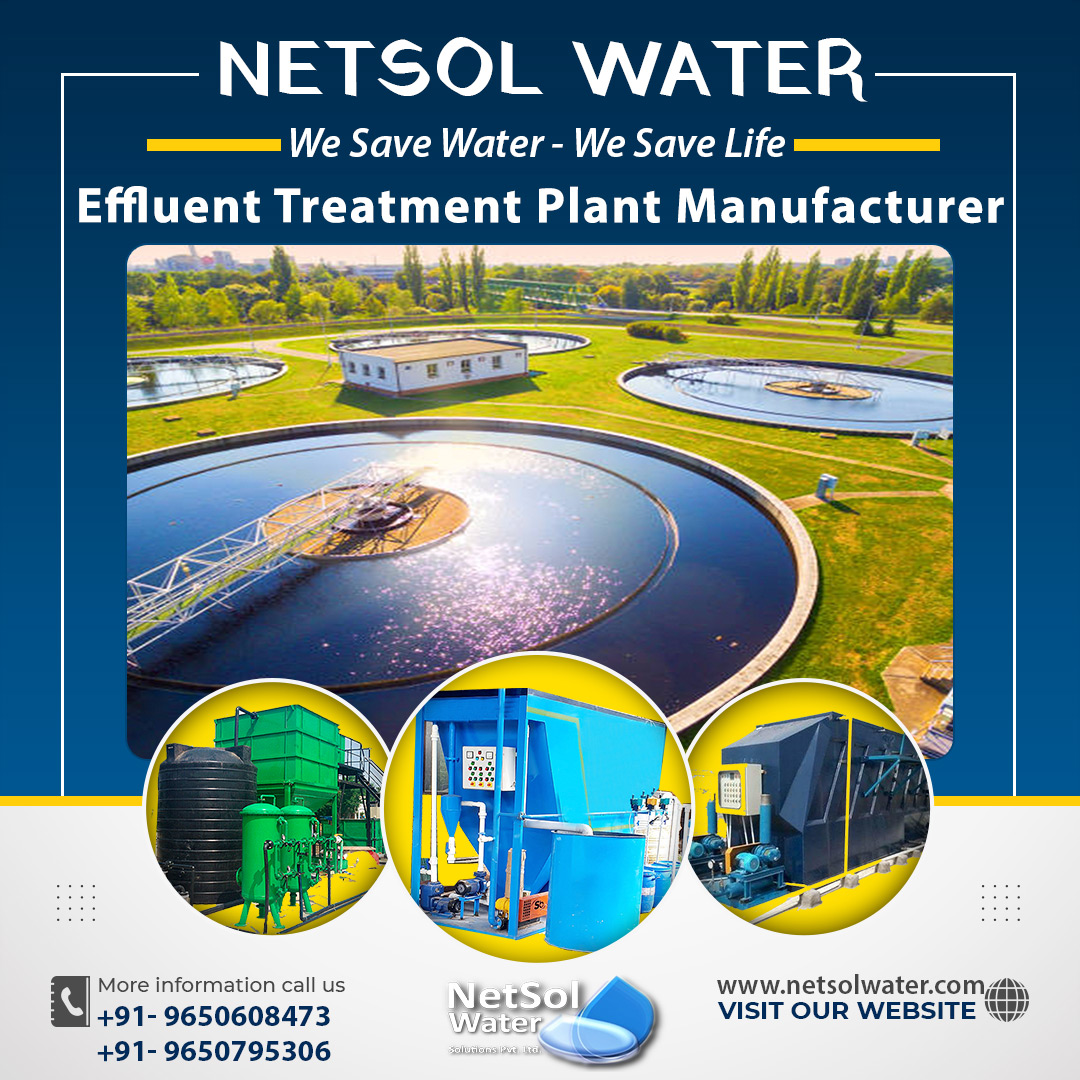Should every industry consist of an Effluent Treatment Plant?
Yes, every enterprise should have an effluent treatment plant since it cleans industrial effluents and polluted water from outlet pipelines, reservoirs, rivers, and lakes, among other places, and reclaims the water resource for use in various ways. ETP’s are often used in sectors such as textile production, pharmaceutical manufacturing, leather manufacturing, and chemical manufacturing. The treatments are used based on a variety of elements or qualities of the wastewater, as well as the available space or placement of the plants.
Effluent Treatment Plants guarantees that contaminated and polluted water from industry is treated and made reusable before being discharged back into the environment. Humans will be unable to obtain clean, usable water for home activities until this treatment is implemented.
What does ETPs remove?
ETPs undergo a wastewater treatment process that involves the treatment of pollutants such as organic matter, inorganic matter, heavy metals, oil and grease, suspended particles, and so on.
Following are the processes that an effluent treatment plants undergo_
1: Chemical treatment
2: Biological treatment
3: Combination of chemical and Biological Treatment
4: Biological treatment and Thermal Treatment
The primary operating concept of an ETP is physio-chemical treatment, which is followed by polishing treatments such as sand filtration, activated charcoal treatment (adsorption), ozonation (chemical oxidation), ultrafiltration (UF), reverse osmosis (RO), and evaporation.
These effluent treatment facilities conserve energy, eliminate pollutant wastewater in a cost-effective manner, and fulfil the Government criteria.
What influences the design of an Effluent Treatment Plant?
1: The major factors to consider when developing effluent treatment facilities are the features of the wastewater and the location.
2: Untreated effluent quality and treated effluent quality are key considerations in the wastewater treatment plant design process.
3: When it comes to treatment selection, additional considerations such as treatment efficiency, cost, and dependability must also be considered.
4: Another important factor to examine is the physical, chemical, and biological characteristics of wastewater.
5: The size of an effluent treatment plant, or ETP, is determined by the flow of wastewater. The flow of wastewater should be predicted appropriately, taking into account all probable causes of any problems in hydraulic calculations, channels, and pipelines.
6: To maintain a steady downstream treatment process, equalization tanks or ponds to compensate for temporary high flows of water (e.g., rain, storm) are constructed. These equalization ponds also assist to prevent water toxicity.
Netsol Water has some goals to strive towards_
1. To clean and recycle industrial effluent for reuse in the future.
2. Reducing the consumption of fresh/potable water in business.
3. Lowering the amount of money spent on water procurement or lowering operational production expenses.
4. Comply with the Government's requirements for the emission or discharge of environmental toxins from various businesses to avoid harsh fines.
5. Contribute to long-term growth by protecting the environment from pollution.
Netsol Water, based in Greater Noida, Uttar Pradesh, India, manufacture, sell, and supply waterand wastewater treatment plants. With the latest and best technologies, we are the leader of Commercial RO Plants, Industrial RO Plants, Sewage Treatment Plants, Effluent Treatment Plants, and much more.




